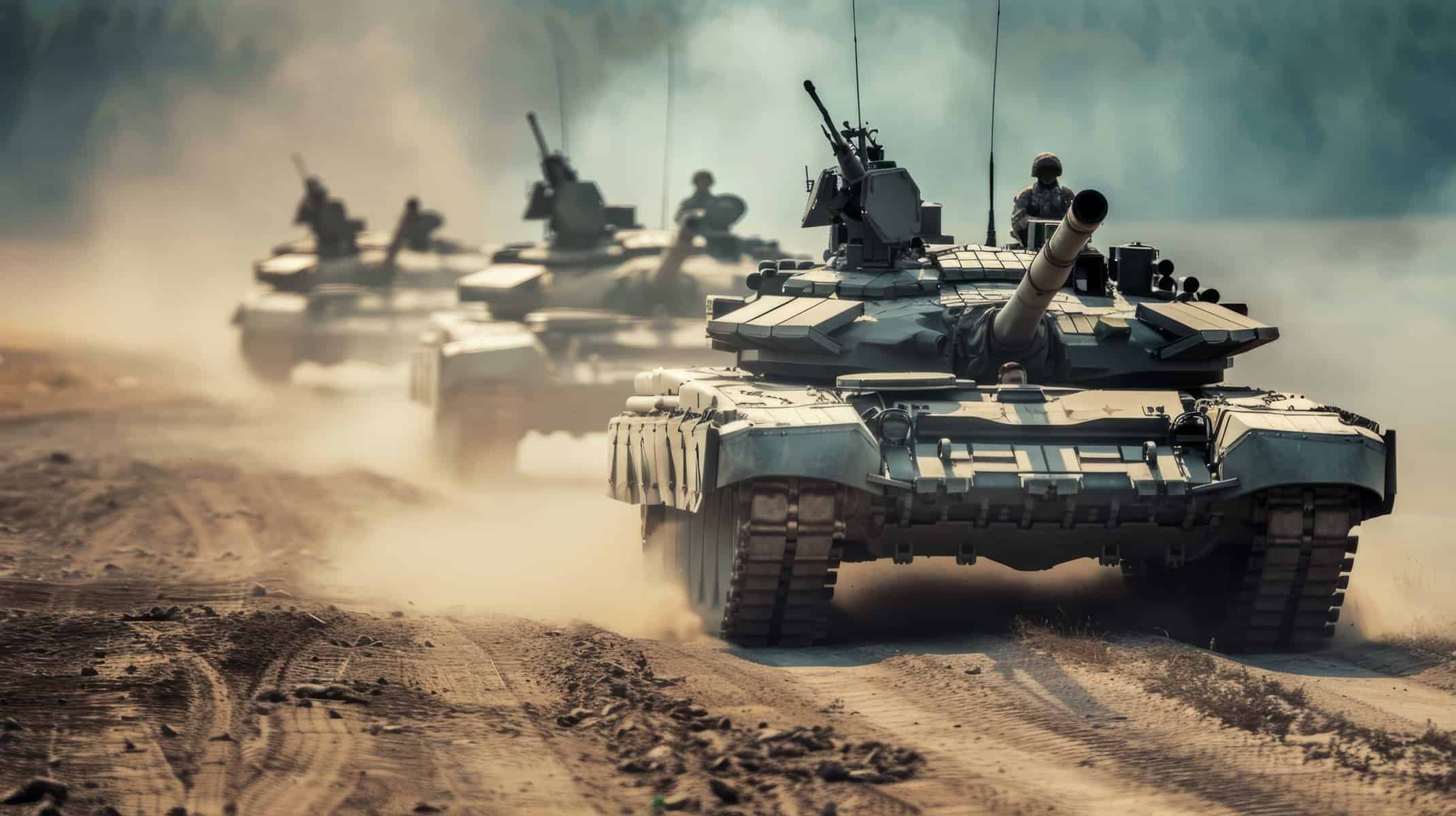When discussing global military powers, Germany often doesn’t come to mind right away. This is an intriguing oversight, given that Germany indeed has a military, known as the Bundeswehr. Established in 1955, the Bundeswehr is a professional and well-trained armed force with distinct branches including the Army, Navy, Air Force, Joint Support Service, and the Joint Medical Service.
The historical context of Germany’s military capabilities is significant. After World War II, Germany faced strict limitations on its armed forces, driven by international efforts to ensure peace and stability. Consequently, modern Germany’s military role is primarily defensive. It’s designed to operate within a framework of alliances, particularly NATO and the European Union, underscoring Germany’s commitment to multilateral security cooperation.
The Bundeswehr has around 180,000 active personnel, supported by state-of-the-art technology and equipment. Despite its proficiency, Germany’s military expenditure has traditionally been lower than other major powers. However, in recent years, there has been increased investment aimed at addressing capability gaps and responding to evolving global threats.
Germany’s military involvement extends to peacekeeping and humanitarian missions globally, highlighting its role as a contributor to international security. The country’s legal and political landscape ensures that any military action taken is subject to parliamentary approval, reflecting Germany’s commitment to democratic oversight and international peace.
Thus, while Germany might not boast the largest military, it certainly maintains a capable and ready force well-integrated into international defense strategies.
Discover the Hidden Impact of Germany’s Military on Global Stability
Despite common misconceptions, Germany’s Bundeswehr significantly influences global defense strategies, with profound implications for both its citizens and the international community. While Germany is recognized for economic prowess, its military strength and strategic integration into alliances like NATO remain lesser-known yet crucial aspects of its global standing.
What Does Germany’s Military Presence Mean for Its Citizens?
Germany’s approach to the military underscores a shift from aggression to peacekeeping, ensuring a sense of security for its citizens. This defensive orientation stems from historical experiences, profoundly affecting the national psyche and emphasizing peace and multilateral cooperation. The Bundeswehr’s engagements in international missions demonstrate Germany’s commitment to safeguarding human rights and promoting stability worldwide, resonating with the populace’s values.
Controversies Surrounding Military Expenditure
Despite its strategic importance, Germany’s Bundeswehr has been mired in debates over insufficient resources and capabilities. Critics argue that, although increased investments have been undertaken, they are often hampered by bureaucratic delays, affecting military readiness and modernization. This has provoked discussions about balancing military needs with broader societal investments.
Germany’s Unique Legislative Oversight
A notable aspect is Germany’s stringent parliamentary control over military actions, unparalleled in many nations. This fosters a transparent decision-making process, aligning military endeavors with democratic principles and public consent.
Is Germany Prepared to Tackle Emerging Threats?
While adept at peacekeeping, questions linger regarding the Bundeswehr’s preparedness against modern threats like cyber warfare. The nation is increasingly focusing on cyber defense initiatives, recognizing their importance in contemporary conflicts.
For further reading on Germany’s defense strategies, visit Bundeswehr and NATO.







